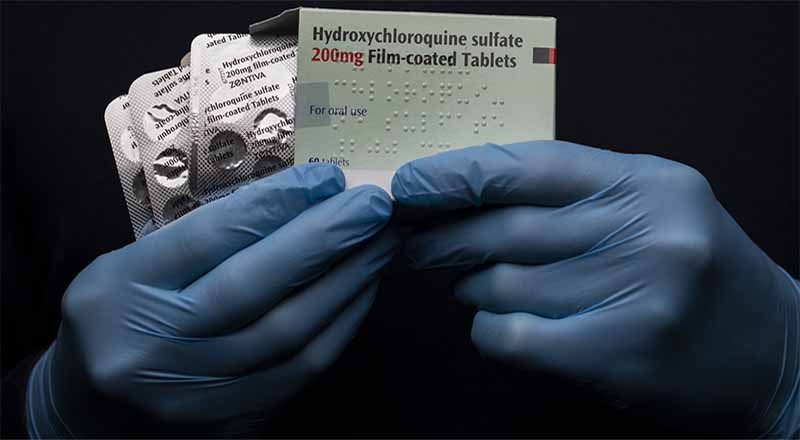Recent results have shown that high-dose chloroquine has potential safety concerns resulting in QTc prolongation, a heart rhythm disorder that serves as a surrogate indicator for increased risk of drug-associated torsades de pointes (TdP). GlobalData believes that the preliminary data from this Phase II study indicates that high-dose chloroquine should not be used further for COVID-19 patients due to the QTc prolongation, as this can cause sudden death due to erratic heartbeats.
Arafa Salam, PhD, Infectious Diseases Analyst at GlobalData, comments: “Initial results from China indicated the drug offered shorter recovery times for fever and cough, and that the drug helped treat pneumonia. However, a high-dose arm from a recent Phase II study in Brazil for high-dose chloroquine disphosphate for COVID-19 patients was halted due to safety concerns over QTc prolongation and a trend towards lethality compared to the lower dosage. This study suggests that high-dose chloroquine does not meet the safety standards for treating COVID-19.”
Although the enrollment for the high-dose chloroquine arm was halted due to the observed effects, the results for the low-dose arm have not yet been published. As such, it may be found to be safe and efficacious. However, more patients need to be enrolled in this arm for it to show significance.
Salam concludes: “If the low dose is found to be efficacious, it would be a breakthrough for COVID-19 treatment. As the drug has been widely used already, GlobalData expects that it would be cheaper compared to a brand new therapy for coronavirus. This could potentially have significant economic benefits, as COVID-19 is a global pandemic and not all regions can afford premium-priced agents.”





